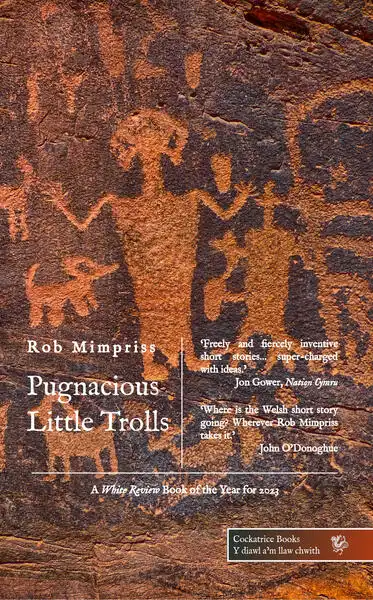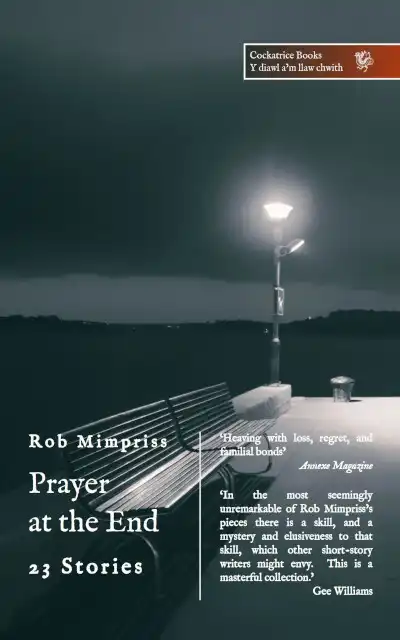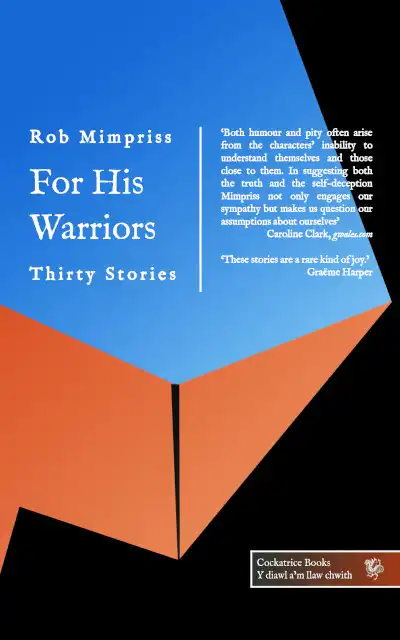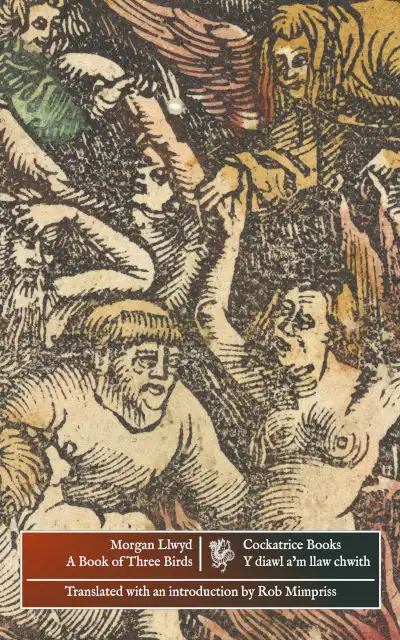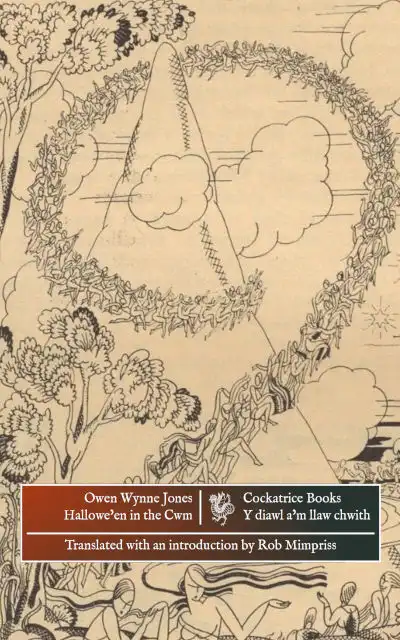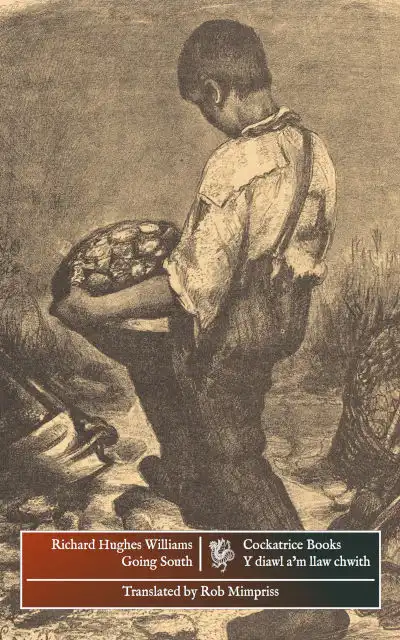The original Prince of Wales Bridge near Perfeddgoed, Bangor, with the leavings of the current prince just visible in the foreground
By private agreement between the Swedish government and the Swedish royal family, the Øresund Bridge between Sweden and Denmark, currently named after the water it crosses, is renamed the Charles X bridge, in honour of the Swedish king who invaded Denmark in 1658, and razed its capital, Copenhagen, to the ground. The people of Denmark naturally protest, demanding that the bridge retain its geographical name, or be named after some joint Scandinavian achievement, or at very least after some Swedish figure less insensitive to Danish history.
It later transpires that while the decision to rename the bridge was made entirely in Sweden, the Danish government was ‘informed’ of the change, but decided not to bother complaining. The Danish ambassador to Sweden tells his people that they should ‘respect’ King Charles X, and castigates them for their churlish attitudes. The reason this has not happened, and the débâcle over the renaming of the Second Severn Crossing is happening as I write, is that the Welsh unaccountably refuse to be Danish, and for this reason deserves no better.
By agreement between the Republic of France and the European Union, the Channel Tunnel is renamed in honour of Charles de Gaulle. The people of England are infuriated, and a number of spontaneous human combustion cases are observed among readers of the Daily Mail. It transpires that Theresa May was notified of the change while Home Secretary, but didn’t get around to doing anything about it.
The disagreement over the Channel Tunnel is settled to the satisfaction of both sides, at which point the Welsh timidly pipe up, and ask if they get a say in what the Second Severn Bridge is called. Both sides round on them in a fury, to condemn them as a threat to the stability of Europe, as barbarian deniers of all civilisation, and as small-minded, paranoid, divisive and evil nats.
If the British ignore a petition which has garnered thirty thousand signatures in a country of only three million in just a few days, and which already represents a whole one per cent of the population, then they openly acknowledge that Welsh democracy is meaningless, and that even such a groundswell of protest, if it comes from Wales, is to be ignored. If, on the other hand, they bow to this petition, then they confess that Wales is not a principality, and that the crown prince of England — if there should be such a thing — has no title to Wales. In either case, the recent fashionable lie that the UK is an equal partnership of willing participants, and that Wales is not a colony of England, is exposed.
If a man gives me a casual back-hand blow, I am advised to turn my face to the side, to challenge him with the other cheek that can only be struck with the fist. The constant humiliation of an equal must be perpetuated either by ignorance, which is now fading in Wales, or by the threat of violence. Wales’s growing awareness of itself must lead either to open oppression or to complete liberation. The very sourness and weariness of Rod Liddle’s remarks acknowledges that the old relationship, based on a deference to England which is undeserved, is no longer sustainable.




